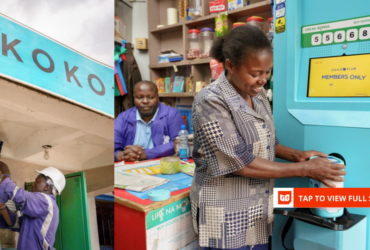Nigerian fintech companies are increasingly focusing on developing consumer-oriented cross-border transaction products due to the appeal of dollar-based stability. This trend, while beneficial for consumers by providing more choices and possibly lower prices, is also leading to a reduction in profit margins as the market becomes oversaturated with competing startups.
The stability of dollar transactions is essential for fintechs, particularly those reporting revenue in dollars following multiple naira devaluations. The competition in the remittance space has caused a decline in take rates, with margins decreasing by 20-30% over the past six years.
The Central Bank of Nigeria reported a significant increase in remittance inflows in July 2024, reaching $553 million, representing a 130% rise from the previous year. This surge in transactions, coupled with take rates ranging from 1 to 1.5%, presents a lucrative revenue opportunity for fintech companies.
However, as more players enter the market, competition intensifies, leading to challenges for smaller startups in maintaining profitability. The need to secure liquidity, navigate regulatory requirements, and differentiate offerings in a crowded market poses significant hurdles for emerging fintech companies.
To thrive in this competitive landscape, startups may consider targeting niche markets, offering complementary services, or focusing on specific corridors to capitalize on higher margins. Building sustainable and scalable businesses in the cross-border transaction space requires strategic planning and differentiation to stand out among the competition.
While the Nigerian fintech market presents opportunities for growth, smaller entrants may need to explore unique approaches to avoid direct competition with larger players and ensure long-term viability in the evolving financial technology sector.














Leave a Reply